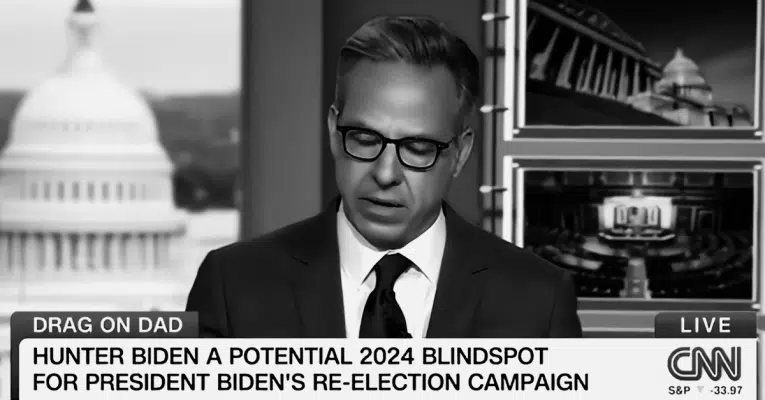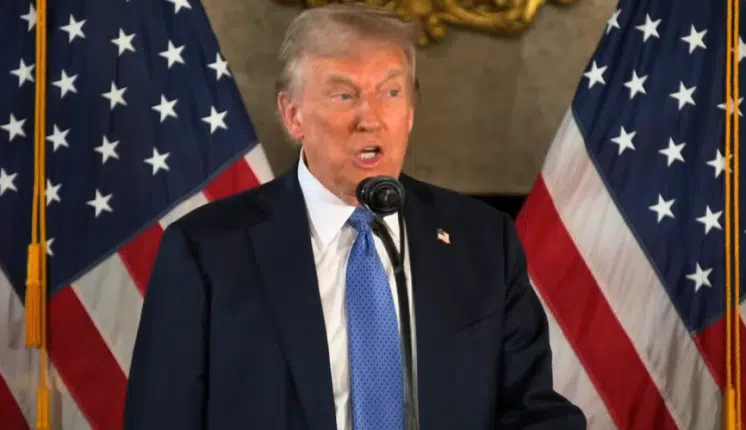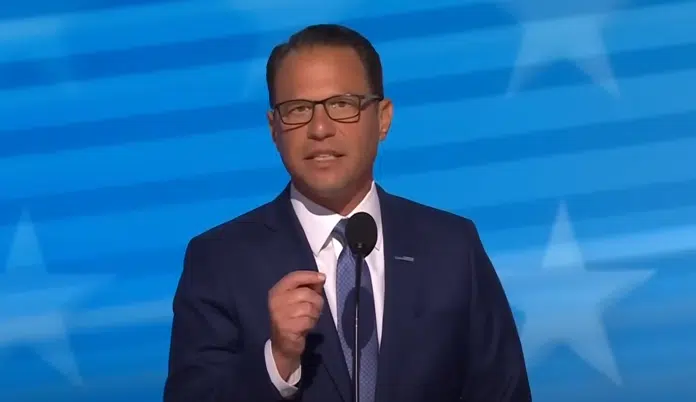By Bill Wilson — “There are only two options to deal with the debt limit: Congress can pay its bills or it can fail to act and put the nation into default.”
That was how White House Press Secretary Jay Carney put it on Jan. 12, urging House Republicans to give the Obama Administration another blank check — increasing the $16.394 trillion debt ceiling in exchange for essentially nothing. Or else, the U.S. Treasury will default on the debt, failing to pay principal and interest owed our creditors.
There’s only one problem with Obama’s threat. Out of the $2.8 trillion of annual revenue the White House expects in 2013, only about $360 billion, or $30 billion monthly, will go to paying gross interest on the debt.
That means even if the debt ceiling were reached, the government could still refinance existing debt up to the limit, and would have ample revenue to pay interest out. So, there would be no need to default.
In fact, in addition to paying interest, there would be enough revenue to pay out Social Security ($820 billion), Medicare ($564 billion), defense ($700 billion), and veterans’ benefits ($79.5 billion).
Even after that, if the Administration’s estimate of revenue in 2013 proved correct, there would still be $600 billion left over to spend on other items.
So, why default? Because the Treasury views that it lacks the statutory authority to prioritize payments, according to a recent Inspector General’s report.
“While Congress enacted these expenditures, it did not prioritize them, nor did it direct the President or the Treasury to pay some expenses and not pay others,” the report states. “As a result, Treasury officials determined that there is no fair or sensible way to pick and choose among the many bills that come due every day. Furthermore, because Congress has never provided guidance to the contrary, Treasury’s systems are designed to make each payment in the order it comes due.”
To deal with this problem, the political left has come up with all sorts of “solutions,” none of which are viable, and all of which underscore just how desperate the establishment in Washington, D.C. is to avoid a real debt ceiling fight.
The Treasury recently came out and dismissed $1 trillion platinum coin as a means of raising revenue through outright debt monetization, calling it illegal. So too did the White House discount as unlawful the use of the 14th Amendment to arbitrarily raise the debt ceiling.
Other suggestions, like issuing scrips or IOU’s in lieu of making payments, similarly lack statutory authority and would be done via executive order — running into the same problem as all the other harebrained ideas.
Underscoring that point, in response to a question about the 14th Amendment at a Jan. 14 news conference Obama replied, “there are no magic tricks here. There are no loopholes. There are no easy outs.”
Leaving no doubt, Obama said, “Republicans in Congress have two choices here: They can act responsibly, and pay America’s bills; or they can act irresponsibly, and put America through another economic crisis.”
So none of these alternatives are on the table.
Which leaves the threat of default as Obama’s only Plan B. But does anyone really believe he would deliberately default on the debt when there was ample revenue to pay creditors?
This highlights just how much leverage Republicans really have on the debt ceiling.
If Obama is bluffing, House Republicans could checkmate the Administration into making significant spending cuts by standing firm on the debt ceiling. But do they want to win?
That is the $64 trillion question. Because should Congress fail to rein in out-of-control spending, that’s what the debt in all likelihood will be 30 years from now, if not more.
If Republicans are prepared to weather a temporary government shutdown or even a default by Obama, and not cave, then now would be the time to fight for a balanced budget, entitlement reform, and a revamped tax system.
Now would be the time to defund Obamacare and to rein in the EPA’s illegal implementation of regulations classifying water and carbon dioxide as pollutants.
In short, if they are willing to let the debt ceiling be hit, then now would be the time to take a stand and save the country from bankruptcy — before they lose the majority in the House and Democrats eliminate the debt ceiling all together.
Obama would be glad to eliminate it. At his press conference, he declared, “if the House and the Senate want to give me the authority so that they don’t have to take these tough votes, if they want to put the responsibility on me to raise the debt ceiling, I’m happy to take it.”
On the other hand, if all that is a bridge too far for members, there is a more incremental approach to consider, entailing simply tying this upcoming increase of the debt ceiling to passage of the “Full Faith and Credit Act.”
The legislation would instruct the Treasury to prioritize payment to our creditors and to refinance debt up to the limit when it is reached. Then, payments to Social Security, Medicare, defense, and veterans’ benefits — and whatever else Congress deemed essential to the functioning of government — would be prioritized out of revenue.
This would take the threat of default off the table in the future, and an honest conversation could ensue now about which parts of the budget are worth borrowing money from our children and grandchildren to pay for.
Then, when the Senate refuses to take up the legislation and Obama threatens a veto, the Administration would have to explain why it opposed legislation that simply raised the debt ceiling and averts default in all future debt ceiling battles. Republicans would still have to hold firm, but they could prevail and turn the tables politically on Obama.
No president should ever again be able to demand a blank check from Congress by threatening default. Congress’ constitutional power over the purse must be restored. If nothing else, that is the least Republicans can accomplish.
Bill Wilson is the President of Americans for Limited Government. You can follow Bill on Twitter at @BillWilsonALG.







